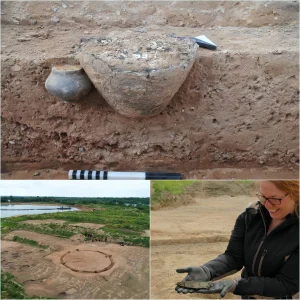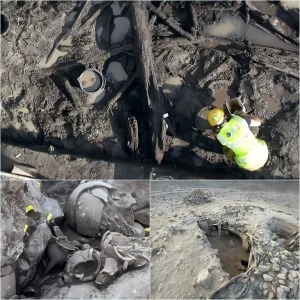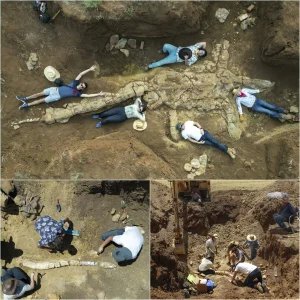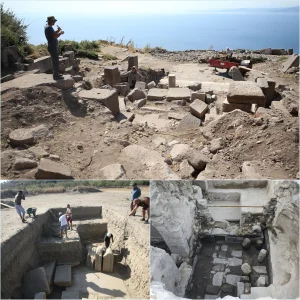A 7,300-year-old civilization has been identified on Pingtan Island, located along the coast of Fujian province in southeastern China, by Chinese archaeologists. This discovery, reported by the South China Morning Post, suggests that Pingtan Island may have been the origin point for one of the greatest maritime migrations in human history.
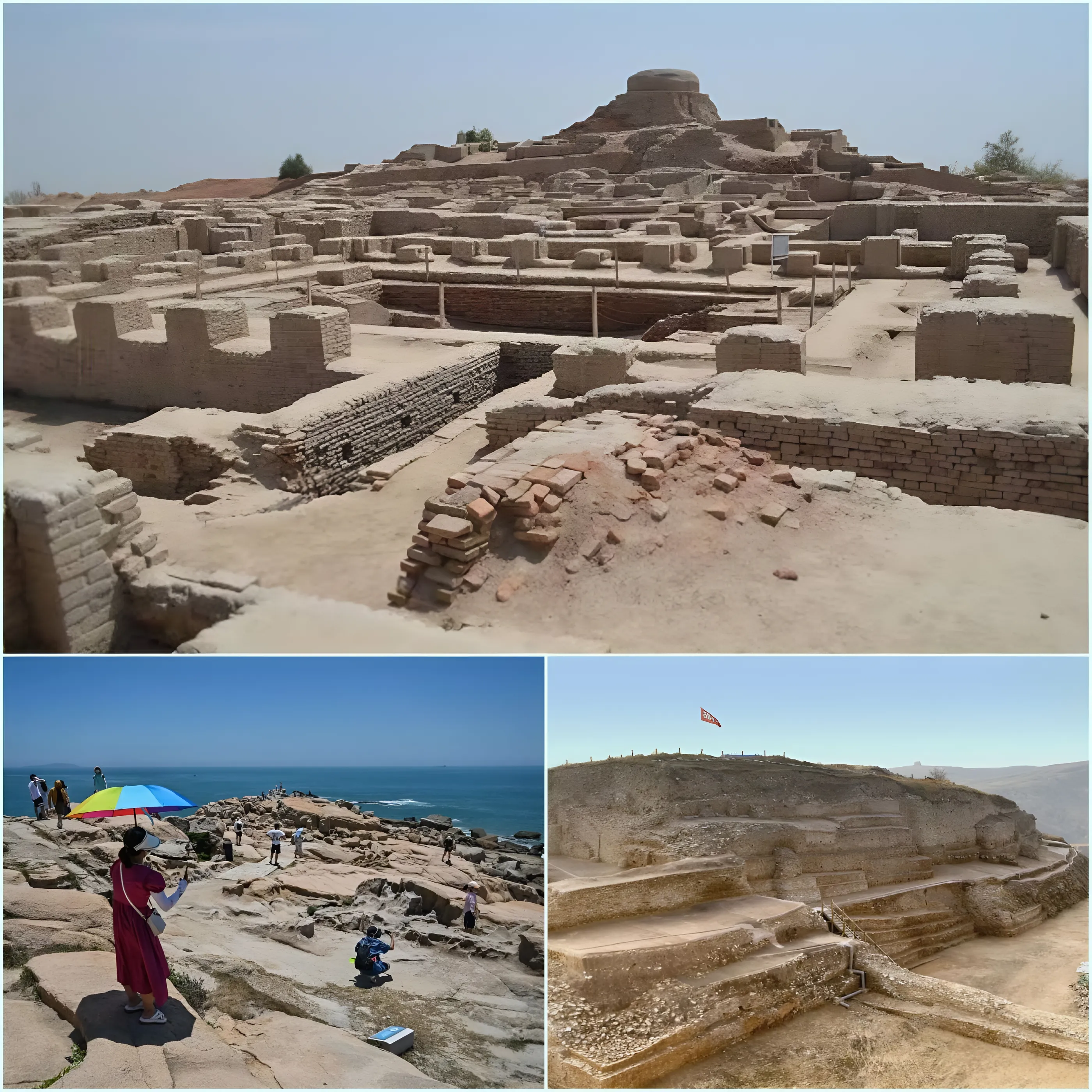
Experts have determined that Pingtan Island was inhabited by Austronesian people between 3,000 to 7,500 years ago. The archaeological findings indicate that these inhabitants developed into a complex society between 5,000 to 6,500 years ago. On another part of the island, remnants of communal spaces dating from 3,000 to 4,200 years ago have been discovered.

Genetic testing conducted on human remains found on the island confirmed a link to Austronesian people. The Austronesians were a significant ethnic group that originated in Taiwan and spread across Southeast Asia, Micronesia, Polynesia, and into the Pacific Islands, including Easter Island and Hawaii. Today, their descendants number approximately 400 million.
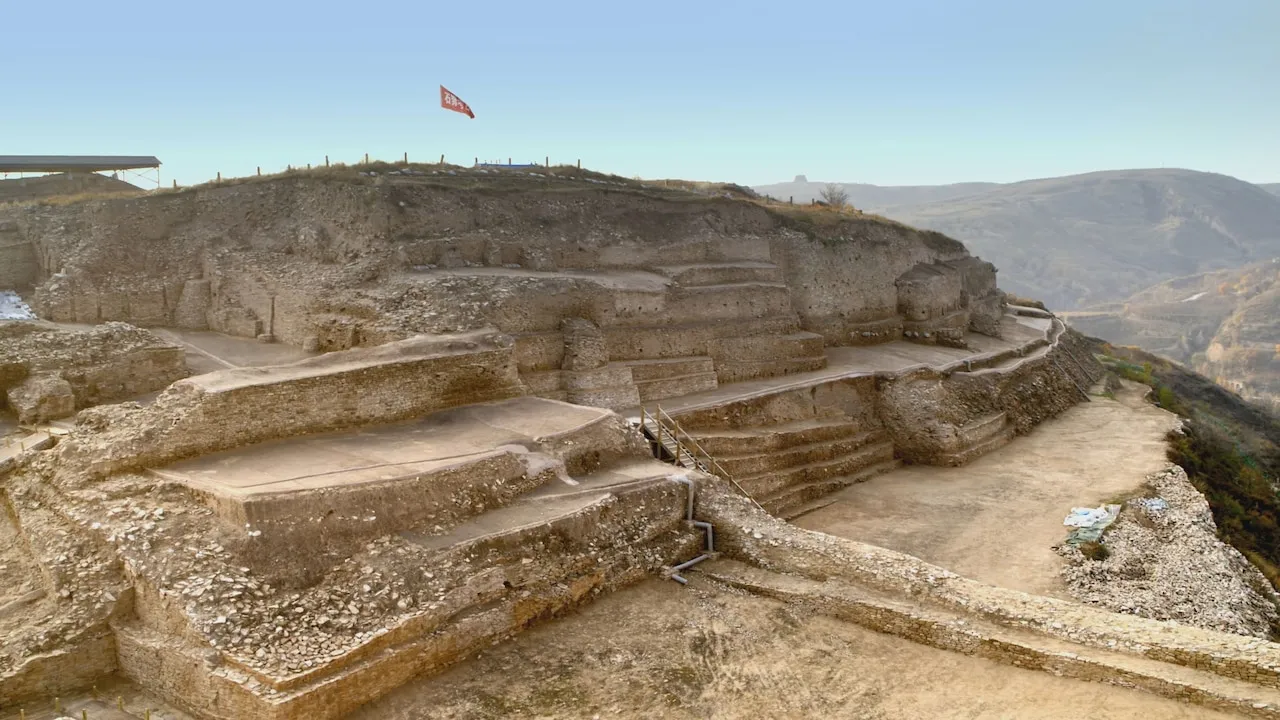
Previously, it was widely believed that Austronesians originated in Taiwan and began their migrations around 5,000 years ago due to population expansion. The discovery on Pingtan Island challenges this notion, suggesting that the geographic origins of Austronesians may have encompassed areas larger than just Taiwan, potentially including mainland China.
Archaeologists on Pingtan Island have uncovered evidence of residential homes, as well as structures dedicated to handicrafts, waste management, and food processing. Among these discoveries is evidence of the earliest-known rice cultivation, shedding light on the agricultural practices of this ancient civilization.
Overall, the findings on Pingtan Island provide valuable insights into early maritime migrations and the development of complex societies in ancient China, expanding our understanding of Austronesian history and their cultural influence across the Asia-Pacific region.

